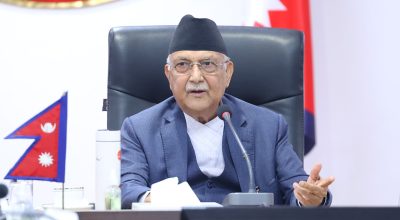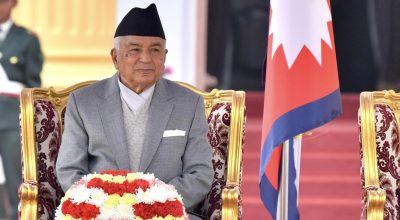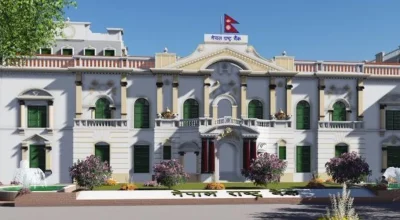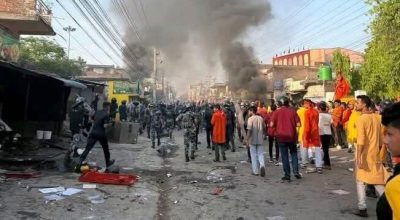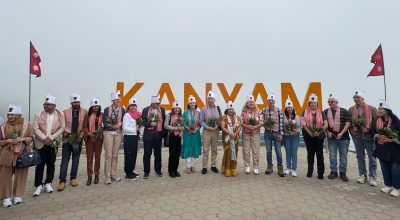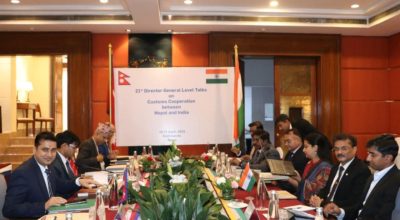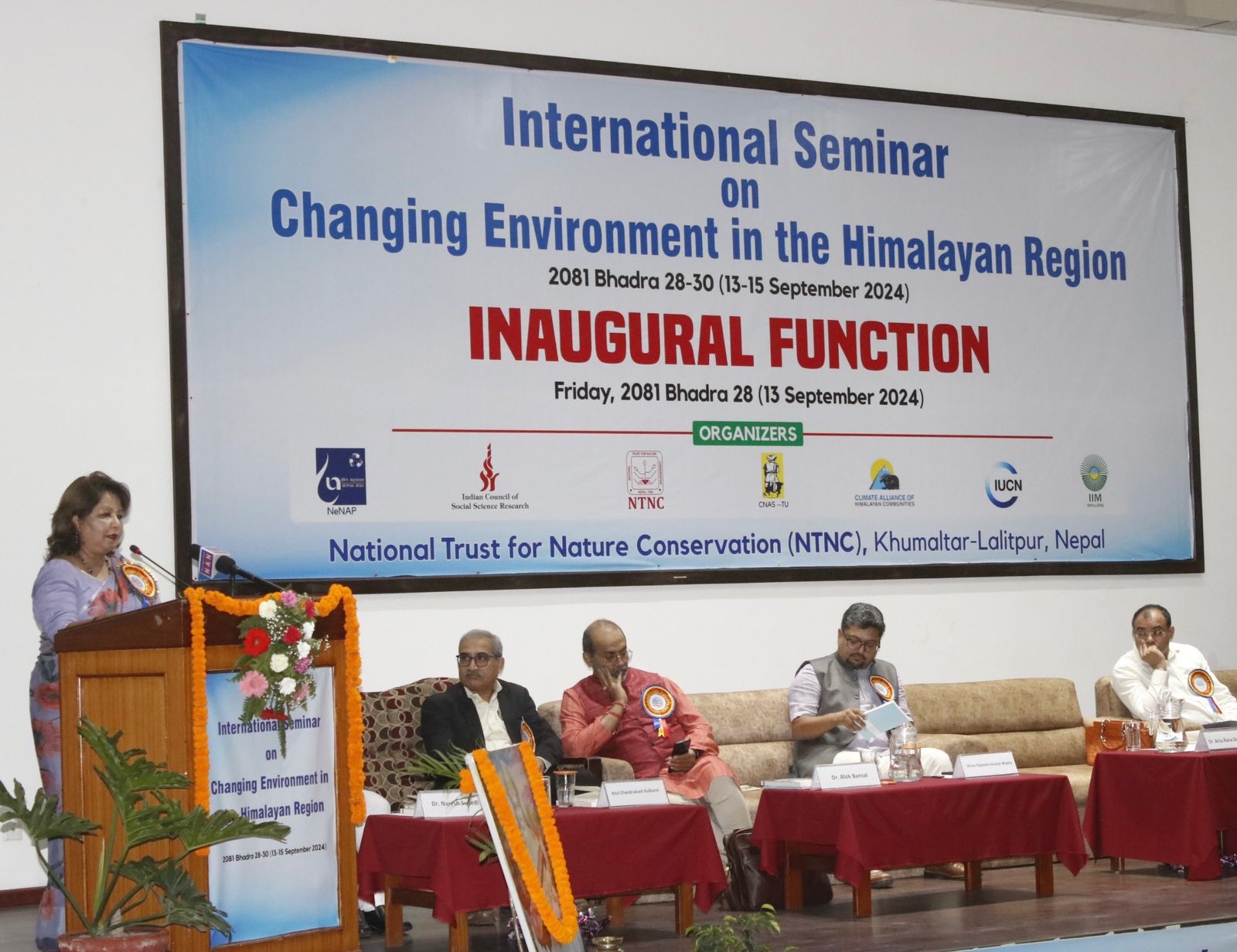
Kathmandu, Sept 14: Minister for Foreign Affairs Dr Arzu Rana Deuba has emphasised the regional cooperation to tackle the increasing impact of climate change.
Emphasising that climate change and related strategies transcend national borders, she called on countries in South Asia, Southeast Asia, and Northeast Asia to adopt a unified and regional approach to climate adaptation and resource management. She also called for international support in this effort.
“Effective mobilisation of climate finance is vital to protect fragile ecosystems like the Himalayas. Our efforts must not stop at regional collaboration. We need the support of the international community,” said the minister at a seminar titled “Changing Environment in the Himalayan Region” organised here today by the Policy Research Institute.
The Minister also highlighted the issue of climate justice, stating that despite negligible contributions of Nepal and other Himalayan nations to global emissions, they are bearing a disproportionate burden of the adverse impact of climate change.
She called on the international community, including those present at the event, to divert more resources toward climate adaptation in mountain regions.
Citing the example of an August 16 glacial lake outburst flood in a remote village of Thame in Nepal’s mountainous Solukhumbu district, home to 45 households, and is associated with legendary mountaineers such as Tenzing Norgay Sherpa and Apa Sherpa, that swept away homes, livestock and property, the minister demonstrated the fast-paced devastating effects of climate change in the Himalayan nation.
She also provided other climate-induced events, like frequent avalanches, unprecedented weather patterns, and landslides triggered by heavy rainfall, leading to the loss of lives and properties.
For mitigating the impacts of climate change and safeguarding the future of the Himalayas, the minister stressed the importance of strengthening early warning system, investing in early detection technology, monitoring glaciers and using real-time data, and providing supports for countries in the region, including Nepal.
Minister Dr Deuba emphasised promoting green and sustainable energy solution like hydropower and solar energy while preserving local ecosystems and communities, she said.
Furthermore, she emphasised empowering local communities to lead adaptation efforts by equipping them with the resources and training necessary to adapt to new agricultural practices, water management systems, and disaster preparedness strategies.
The minister also thanked the organisers for hosting the event that she said provides a platform to develop the ideas and strategies that will define the future of our region.





